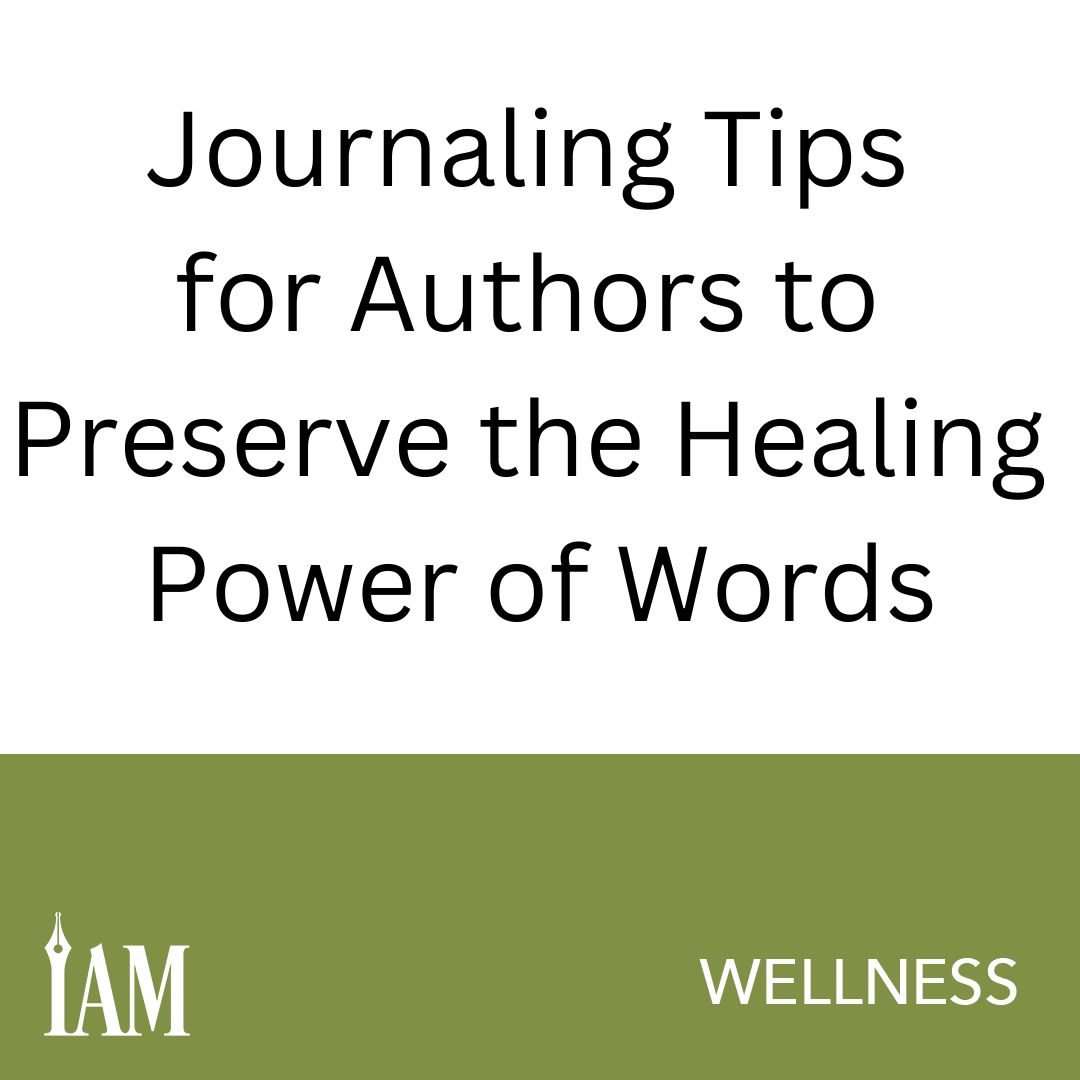Now that we’re more than six months in, can you say you charged into this year replenished and ready?
With a barrage of external stressors, including political divisiveness, inflation, weather-related tragedies, and health concerns, it would be easy to guess that affirmative answers to that question are low. Compound that with the flurry of life and the struggle in recent years to find a “new normal” following the COVID-19 pandemic, and it is no surprise that stress and burnout are at all-time highs, according to the American Psychological Association. The world, especially in the last couple of years, has given us an array of challenges, and many of us are struggling.
But we have options.
Exercise, particularly yoga and stretching, can be good for writers who often sit in one place for long periods of time. You can choose to connect with friends, read a book, adjust your diet, meditate, laugh, or hug a pet, according to Mayo Clinic. There are plenty of options, but one in particular may seem targeted to writers especially: journaling.
Why Journal?
Journaling and its more structured cousin, therapeutic or expressive writing, have a long history. Many famous visionaries have been vocal about their journaling habits: several world-renowned scientists and artists, such as Marie Curie, Albert Einstein, Thomas Edison, and Leonardo da Vinci, practiced journaling, as did writers Anais Nin, Ray Bradbury, Oscar Wilde, Virginia Woolf, Sylvia Plath, and Anne Frank.
“When I write I can shake off all my cares. My sorrow disappears, my spirits are revived!”
-Anne Frank, The Diary of a Young Girl
Psychologists recommend journaling as a way to notice and manage anxiety symptoms, reduce stress, gain distance from traumatic experiences and cope with mental health challenges, and to embrace the opportunity for self-talk, or focusing on your own inner voice. Therapeutic journaling can also be used as a treatment for a variety of diagnoses, according to the US Department of Veterans Affairs (VA), ranging from the physical, such as different cancers, to the psychological, such as post-traumatic stress disorder. And the opportunities it can provide are diverse: releasing negativity, exploring themes about which you are curious, recording inspiration, creating a symptom diary, working through affirmations, analyzing recurring themes, and more. For writers, journaling can also offer a chance to warm up one’s inspiration, to brainstorm ideas, and to play with words without an audience. We can use our creativity and love for words for ourselves, with only our own judgment to worry about.
How to Journal
Journaling is not the same as traditional writing. Although it can take many forms, it has a different format and purpose than the creative writing we do as authors. Methods for journaling range widely from structured formats, from preprinted sheets and dated prompts to something more free-flowing. Some people have even taken to just scrawling squiggles as they think about what to write instead of actually writing the words. Julia Cameron’s Morning Pages method from her book The Artist’s Way consists of writing three pages of stream-of-consciousness thoughts upon waking every day. Other options include bullet journaling, often shortened to bujo; free writing; prompts; a gratitude journal; or a project-specific journal.
Searching for details on any of these can net you hours of beautiful journals and a great deal of inspiration. Of course, there is no right way to journal. The process differs for everyone, and experimentation is part of the process. The best kind of journaling is the one that works for you.
Authors write a great deal, and the Butt In Chair, Hands On Keyboard (BICHOK) mentality many writers maintain can cause stress by itself. But journaling and creative writing use different kinds of energy. The well you pull from for your character development or story structure differs from the one you access to delve into your personal experiences and reactions. Even for memoir writers, for whom these two might seem similar, the ability to write without an audience can be freeing and take you in different directions than traditional storytelling. Journaling can also be a place to brainstorm, sketch, make a mess with storyboards, and capture ideas. It can be a space to let your mind explore beyond what you’d put on the page for a reader. While a writing project may bring stress, journaling can lift it.
Journaling for Writers
We all want to have a good, sustainable writing habit, in whatever form is right for us. To create a separate journaling habit as a writer, switch it up. If you usually write on the computer, handwrite, use an app, or choose a different location or notebook to help you differentiate your personal journaling from the creative writing you do for your author business. Set it up like any other habit: make a chart, put the pen and notebook on your nightstand, tell friends or family for accountability, and make your plan. Are you working through a book of prompts, making visual art, or free writing? The standardized expressive journal therapy involves three to five sessions over four days, according to the VA, but each person should adjust depending on their plans. Following your own needs and reactions will help you stay consistent and learn what will give you the best results.
If you are looking for simple stress relief and creativity priming, you might choose a fun notebook, some colorful pens, and a bright roll of washi tape, and go to work on a blank page without a prompt. Or maybe you want to focus on a theme and decide to write about how, for example, your favorite story trope has played a role in your own life story.
If you are interested in delving into your emotions and cognitions around a specific incident, you might follow a more structured expressive journaling practice, being careful to give yourself time and mental space for aftercare. Reach out to a professional if it seems helpful, especially if your focus is traumatic or you need more guidance.
All are valid ways to journal, and all have a place in a writer’s toolkit. You can start one way and move to another as you find your flow, or dedicate a week or a month to a more difficult process that you want to address, then allow time before and after that is less structured. You could choose to focus on painting while your mind goes free or make a brain-dump list that you’ll deal with later. Maybe you brainstorm all the perfect names for a fantasy world, or you write about an author you admire and what made you admire them. In any situation, if your chosen method feels overwhelming or difficult to maintain, recognize that you can take a break or stop completely and move on to something else. Nothing is set in stone, and everything depends on serving you and your process. It will not be perfect, but don’t let that hold you back.
Many writers have prepared for journaling with a shelf of lovely, but blank, notebooks. Now is the time to use one or more. Try building a habit, concentrating on development, and enjoying the process.
And as always, progress over perfection, friends.

